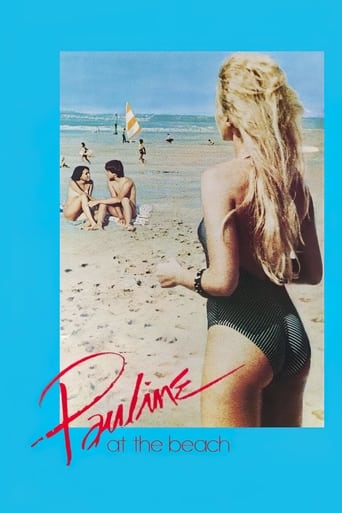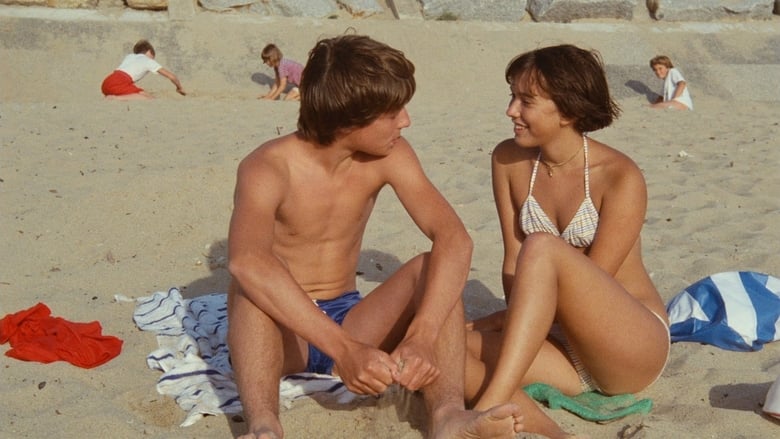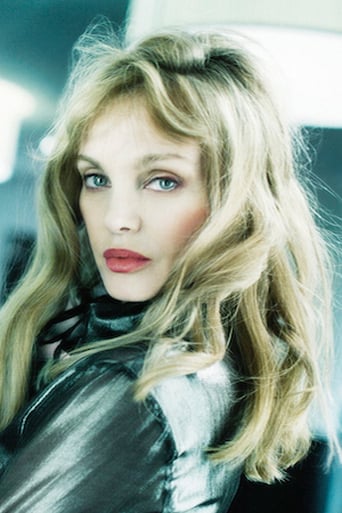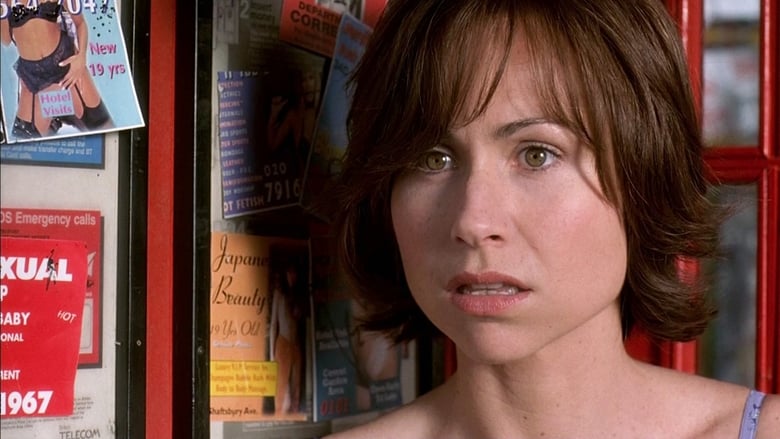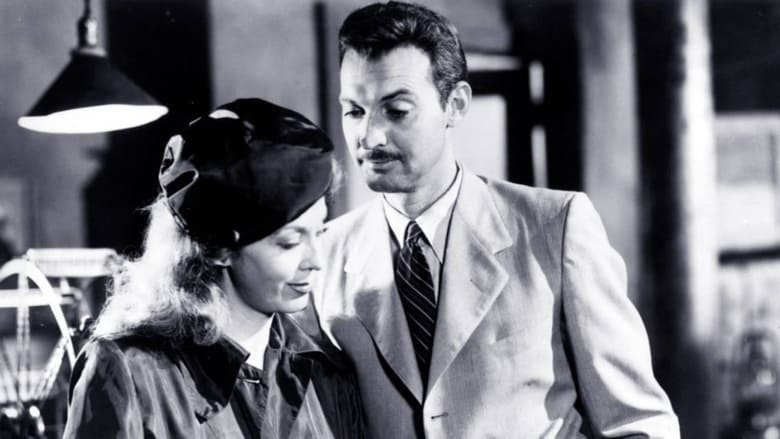Marion is about to divorce from her husband and takes her 15-year-old niece, Pauline, on a vacation to Granville. There, she meets an old love...


Similar titles

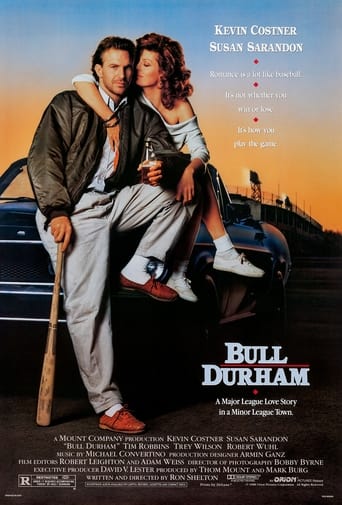

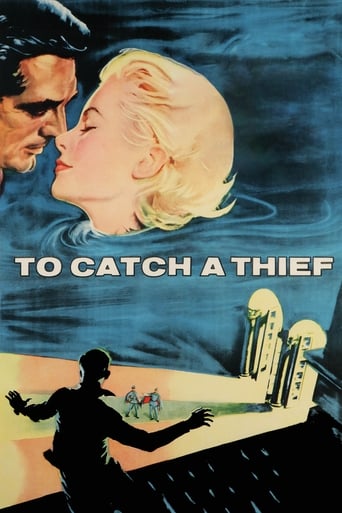

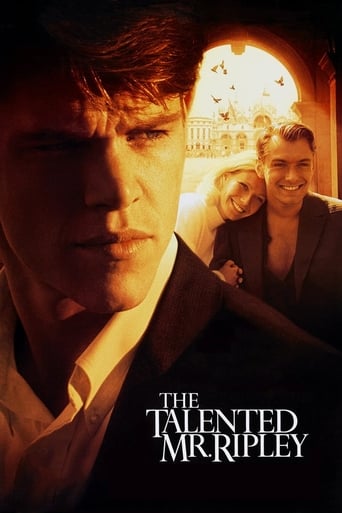
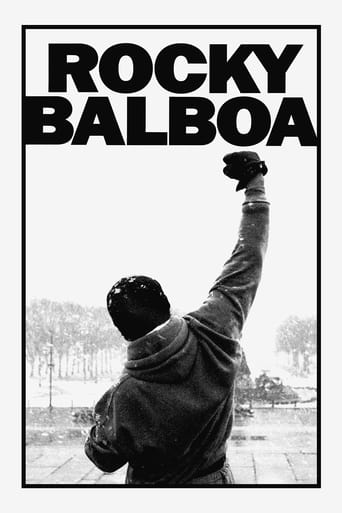


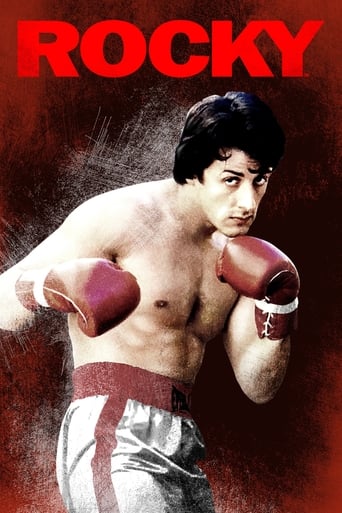
Reviews
Released in 1983, PAULINE AT THE BEACH is the third picture of Rohmer's "Comedies and Proverbs" series (6 in total, started with THE AVIATOR'S WIFE 1981, 8/10). The titular Pauline (Langlet) is attended by her elder cousin Marion (Dombasle), to stay in their family's vacation home on the north-western coast of France. They are two gorgeous beauties with gaping disparity, Pauline is a 15-year-old teenager, has a darker bob cut while Marion is a model-shaped blonde and just sets herself free from a failed marriage. On the beach, soon they attract the attention of Marion's old flame Pierre (Greggory) and a single father Henri (Atkine), their contrast is plain to see too, Pierre is a windsurfing coach, younger and more handsome, while Henri is a bit bald, ordinary-looking. Henri invites all to dinner and they discuss about love, Rohmer effortlessly compresses their different philosophy in the conversation, Pierre is the one who lives on hope, contests in a more traditional value of love and morality, demands devotion wholeheartedly; Henri, on the contrary, is a rootless hedonist, affectionate but leaves no strings attached. For Marion, she believes love at first sight, the spontaneous sex appeal can drive her up in flames, however it should also be reciprocal, and in her case, she is quite confident since she is the paradigm of a perfect lover for any heterosexual man. Finally, Pauline, who by far hasn't foray into the territory apart from some puppy love, surprisingly has her own stance on the subject matter - you must know people to love them, not judging the book by its page, her precociousness strikes as a stunner. That same night, Marion becomes the one who takes the move, not to the besotted Pierre, but the rather unappealing Henri, their chemistry blazes passionately, but Pierre doesn't intend to capitulate, his pursuit to Marion is as relentless as his repulsion to Henri. Pauline suggests Pierre is a more befitting match for Marion, and Marion proposes with the same thought, Pierre is the perfect choice for Pauline to spice up her adolescence. The upshot is the poor Pierre ends up in the friend zones of both. Pauline dates a local boy Sylvain (de la Brosse) around her age, and Henri hooks up with Louisette (Rosette), a snack-peddler on the beach, when Marion and Pauline are out visiting Mont Saint-Michel. He also fabricates a perfect lie to cover the story when Marion returns unexpectedly, leaving Sylvain as the fall guy. Anyhow in Rohmer's cinema world, there is no place for melodrama, the lie will unravel in its due course, but there is no undoing for Henri, he is the one can take flight at any moment, for him, it is a white lie with the best intention without hurting Marion's feeling (although it does put Pauline and Sylvian's relationship under the strain). Atkine deftly leavens his part with a full-on composure, downplays his libido-driven lust and convincingly gives the lecture to Pauline about how he really feels for Marion. Greggory manages to balance Pierre's impeachable standing and behavior with his pesky bluntness to the extent where Rohmer asks for, one could rationally concur with his standpoints, yet, in the end of the day, he slips to be the most unlikeable character in the story, while the most admirable one is Rosette's Louisette, sky is the limit for her. Dombasle is a bombshell in her pinnacle, but not an insipid one, she generously presents the whole spectrum of Marion's desire, fantasy and despondency. Langlet varnishes Pauline with her primary color, at first being upstaged by others, slowly her learning-curve of adulthood becomes the cornerstone of the film, at the final scene, which works magnificently in concert with the opening one, Marion might be the same, Pauline definitely acquire some nitty-gritty from her short stay, about both men and women, but can she excel in her upcoming adulthood? There is a bigger picture left unsaid, we are all indebted to Rohmer's mastery and grateful to the treasure trove he bequeathed to us, which is worth discovering and revisiting from time to time.
I'm going through a phase of catching up with Rohmer films I've missed, and this one was so good it's tempted me to post a comment again, something I haven't got round to for a while. It is perfect, typical Rohmer: location filming, very wordy script, indecisive characters...all in the service of Rohmer's film theory, that in cinema you use dialogue to tell (as in literature) and the camera to show. The interest and conflict come from the (inevitable?) mismatch between the two. Here, each of the characters needs desperately to believe that what they saw was the truth of the situation. At the end, Marion has learnt enough to know that her perception may be false. But she'll go on believing it anyway, because that is necessary to her sense of self. An excellent treatise on the way in which our perceptions are as important as the 'truth' of any situation. The colours in the film deliberately reference Matisse, and there is something of his style too: by showing the flat surface of the canvas, you both open up its beauty and reveal it to be a construction rather than a truth. The use of glimpses through windows adds a Hitchcockian dimension too. Another one to savour.
Pure Rohmer essay on love and relationships. What I find very interesting about Rohmer's film is that you can always think back and apply some aspect of the story to your own life. Difficult break-ups, being in love with someone who doesn't love you or worst, who loves someone you consider an idiot. Just like Pierre is having difficulty explaining that it's not jealousy if he doesn't want Marion to get hurt by getting involved with Henri. Love, when you think of it, is one of the most difficult thing to explain. Actually, can you explain it? Sometimes, the obvious for one is not the obvious for another. And the "naïveté amoureuse" of the other can make someone go crazy.The dialogs in this movie - and there's quite a few - are intelligent, well thought by the director. Some themes that I noted: in love, you share everything, even the suffering; perfection is oppressing; love is a type of illness. Each sentence of the script can practically be dissected.A final word: I liked the performance given by Arielle Dombasle. She reminds me of Pascale Ogier in another great Rohmers film, "Les Nuits de la pleine lune", that came out one year later.80/100 (***)Seen at home, in Toronto, on November 14th, 2004.
Pauline just manages to keep her place in the center of this film, and how nice that is. Her indecisive cousin, a Rohmer type, almost takes over the film with a great figure. The two men are as unreliable as Rohmer's men always are. Pauline, though, is just the acute teen age observer that one can really love. Her boyfriend shows a lot of rectitude too.This film is a kind of testament to whatever it is in teenagers that makes most of them survive fairly intact, incredible though that survival may be in retrospect. A sweet Rohmer film, and my favorite.A cute touch is Pauline's two bathing suits - the one that is barely there shows the gawky but unselfconscious teen ager she is, and the modest one suggests the sexy woman she will soon decide to be.Rohmer's work, even more than most good directors, is a series of essays on a single theme. This one gives more hope that women and men may be able to live together than most of the others do. Still I think Rohmer remains puzzled about how the sexes coexist.
